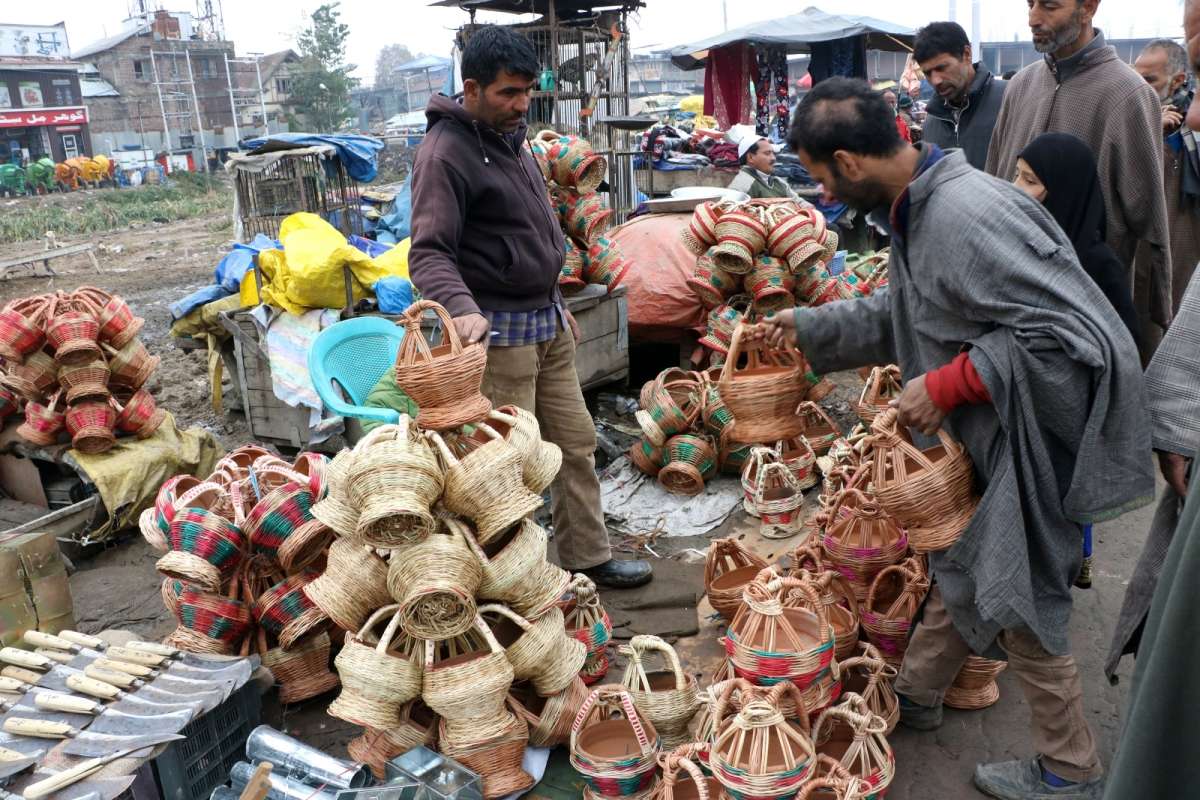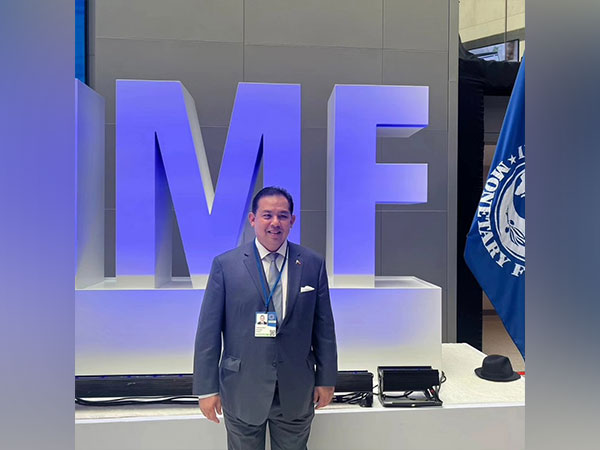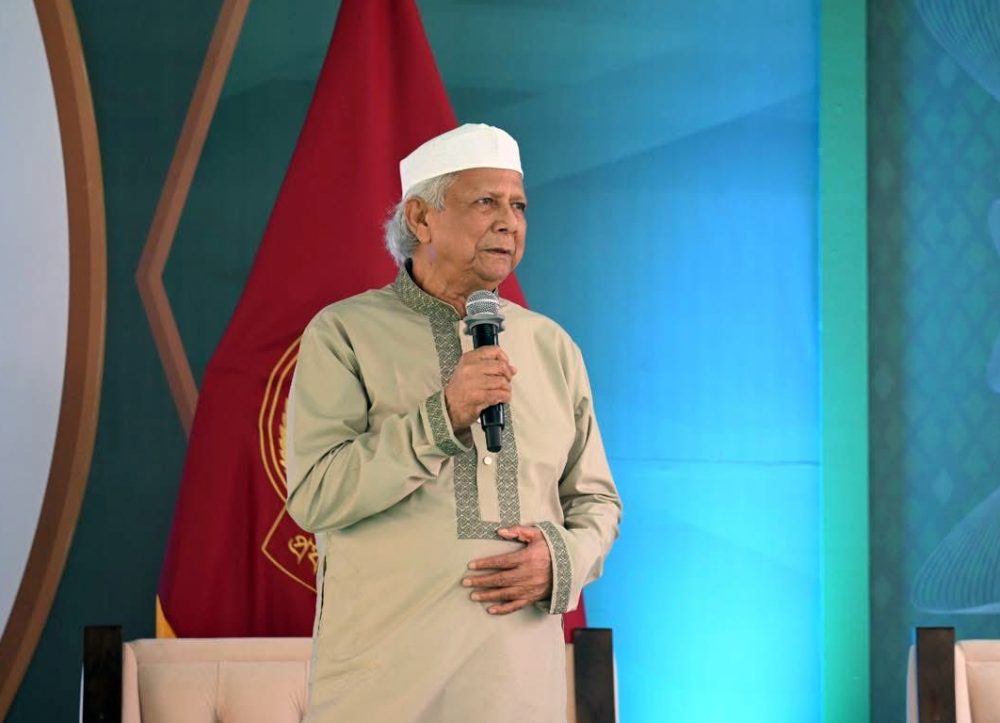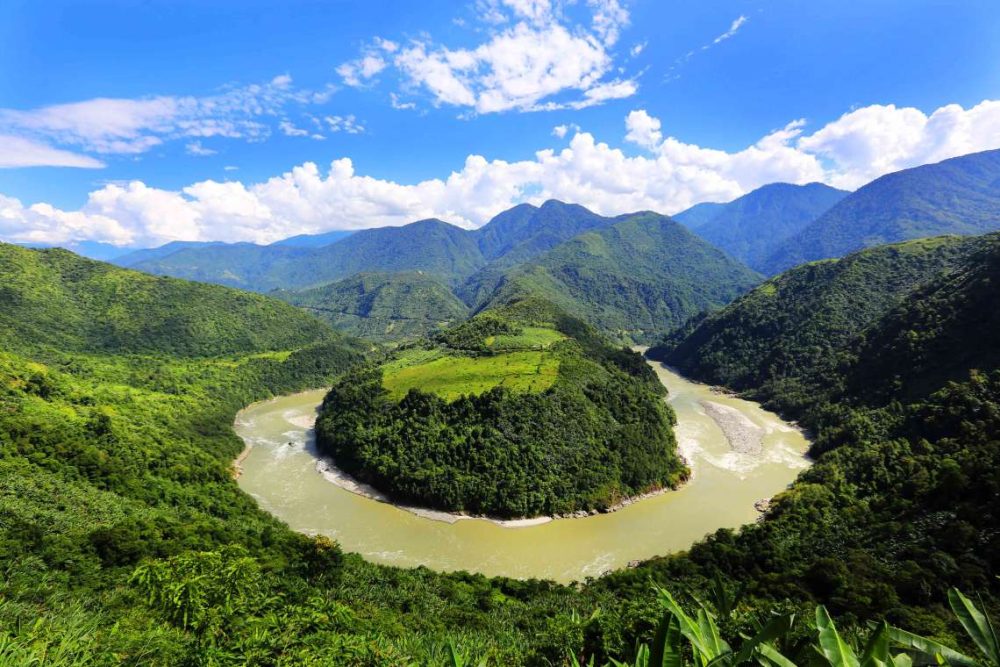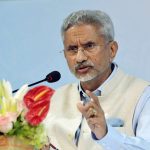The Valley is a far cry from the days when an anxious father put a crash helmet on his school going son’s head to protect him from stone pelters…writes Sheikh Qayoom
Kashmir after abrogation of Article 370 has been more peaceful than it ever was since 1989, when separatist violence started here.
For the last three years, educational institutions have been working normally as parents do not fear that their children could be caught in stone pelting en route.
The Valley is a far cry from the days when an anxious father put a crash helmet on his school going son’s head to protect him from stone pelters.
Schools, colleges and universities have been functioning normally for the last three years as the common man moves around freely without being caught in the crossfire of the militants and the security forces.
Not that incidents of violence have completely stopped, but these have become an exception rather than the rule they had been before Article 370 was abrogated.
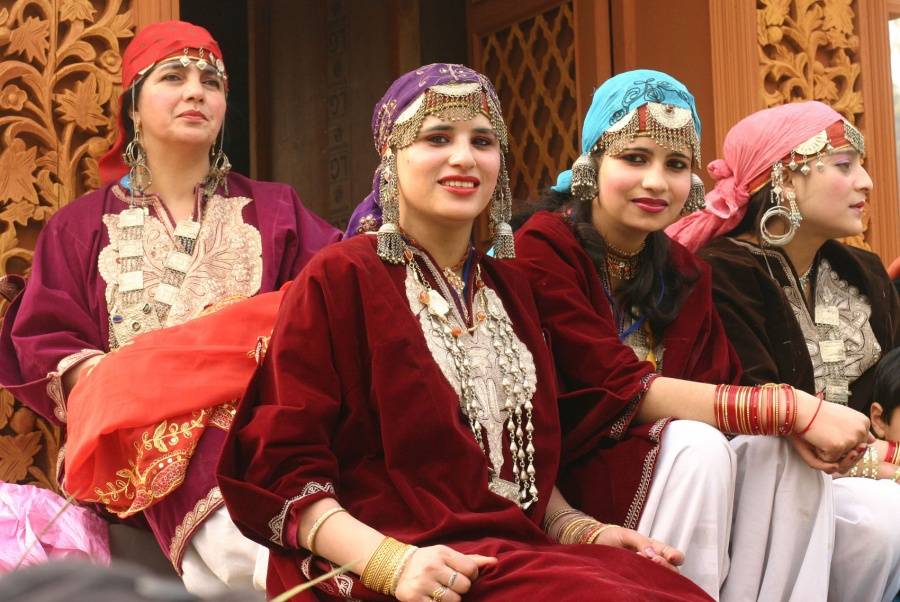
As peace steadily, but surely returns to Kashmir, people have started obeying the rule of law. Separatists have seldom given a shutdown call during the last three years.
People would erect roadblocks and disrupt traffic on the drop of the hat before 2019, a fused electric transformer, erratic water supply and even on marital disputes long queues of blocked traffic were seen across the Valley.
The patients going to hospitals, students going to schools and government employees going for their duties remained stranded in those queues endlessly.
Nowhere after the abrogation of Article 370 were such holdups ever seen.
People are regularly paying government bills and the government employees deployed on collection of electricity bills, water supply, etc., are doing so without any fear of being attacked.
All such incidents are now things of the past. Central laws are directly applicable to J&K and the devolution of funds is done in consultation with the Lt Governor’s administration.
The Ranbir Penal Code (RPC), which applied concomitantly with the Indian Penal Code (IPC), has ceased to apply. One country, one penal code and one criminal procedure code has become applicable to J&K like the rest of the states and UTs in the country.
Farmers and orchardists are promised better deals on agricultural and horticultural produce. Lands are likely to cost more and for the first time, the conversion of agricultural land for other purposes has been allowed.
Foreign direct investment and that from domestic industries is now available. The biggest hurdle to establishment of industry before abrogation of Article 370 had been the availability of land.
Plots of land have been earmarked in every district for setting up industries. Incentives and concessions are being afforded to new industrial units. Monopolies in industries and services like hospitality are already on their way out.
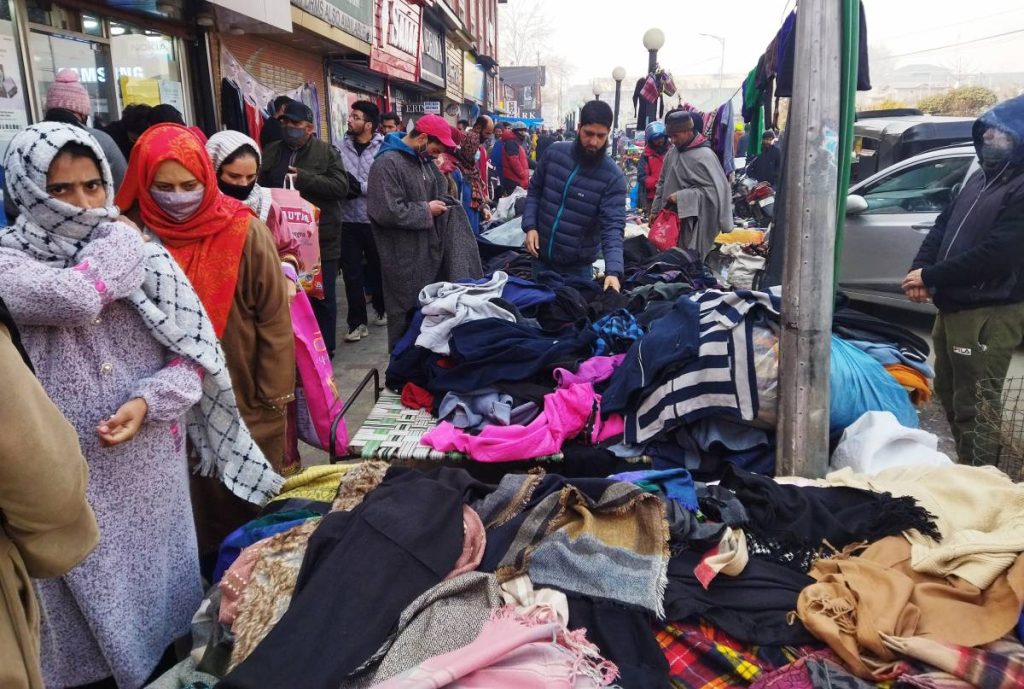
Major players in the industrial and hospitality sectors are invited to come forward and contribute their bit to the overall development of Kashmir.
Tourism touched a record footfall in 2022 and 1.88 crore tourists visited the place last year.
Even when the summer tourism is yet to start, all hotels, houseboats and guesthouses are running flush with the tourists. New and unexplored destinations have been opened up and homestays have already started as law and order improved remarkably after abrogation of Article 370.
Instead of political pressures and pulls under which the local administration had been working, single line administration headed in each district by the district development commissioner is believed to hasten the pace of decision making.
Having said this, the absence of an elected government has widened the gap between the government and the common man.
Elected Panchayats and urban local bodies with sufficient powers are in place, yet these are no alternative to an elected government with MLAs and ministers functioning as representatives of the people.
Although the Lt. Governor and the district development commissioners of the 20 districts in the UT hold public outreach meetings, these are not as result oriented as those of the elected government representatives.
For the common man to go to the Raj Bhawan and even enter the offices of the district heads is not an easy task.
Layers of officialdom and protocol always prevent the common man from freely voicing concerns to the bureaucrats.


